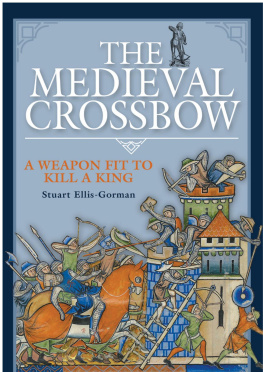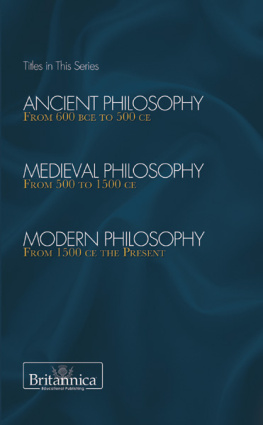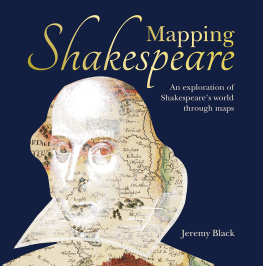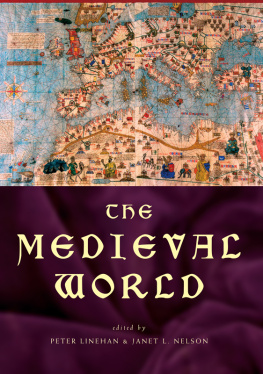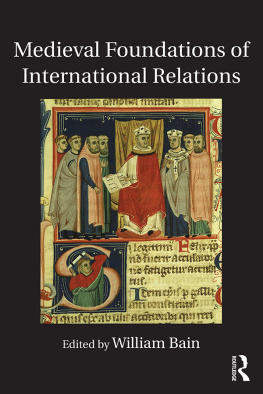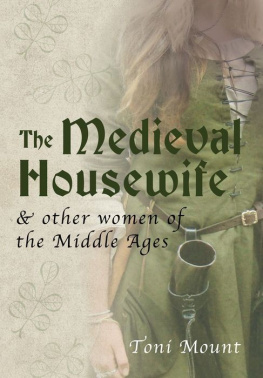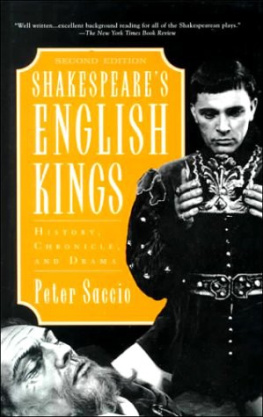Medieval Shakespeare
For many, Shakespeare represents the advent of modernity. It is easy to forget that he was in fact a writer deeply embedded in the Middle Ages, who inherited many of his shaping ideas and assumptions from the medieval past. This collection brings together essays by internationally renowned scholars of medieval and Early Modern literature, the history of the book and theatre history to present new perspectives on Shakespeare and his medieval heritage. Separated into four parts, the collection explores Shakespeare and his work in the context of the Middle Ages, medieval books and language, the British past, and medieval conceptions of drama and theatricality, together showing Shakespeare's work as rooted in late medieval history and culture. Insisting upon Shakespeare's complexity and medieval multiplicity, Medieval Shakespeare gives readers the opportunity to appreciate both Shakespeare and his period within the traditions that fostered and surrounded him.
Ruth Morse is professeur des universits at the Universit Paris-Sorbonne-Cit. Her books include two edited volumes, Shakespeare, les franais, les France (2008), and a volume of Great Shakespeareans ; the monograph Truth and Convention in the Middle Ages: Rhetoric, Reality, and Representation (1991), and she is currently completing Imagined Histories: Fictions of the Past from Beowulf to Shakespeare .
Helen Cooper is Professor of Medieval and Renaissance English at the University of Cambridge. Beginning with her Pastoral: Mediaeval into Renaissance (1978), she has published extensively across the periods, most recently with The English Romance in Time: Transforming Motifs from Geoffrey of Monmouth to the Death of Shakespeare (2004) and Shakespeare and the Medieval World (2010).
Peter Holland is Associate Dean for the Arts, College of Arts and Letters, and McMeel Family Professor in Shakespeare Studies at the University of Notre Dame. From 1997 to 2002 he was Director of the Shakespeare Institute, Stratford-upon-Avon and Professor of Shakespeare Studies at the University of Birmingham. He is Editor of Shakespeare Survey , co-General Editor with Stanley Wells of Oxford Shakespeare Topics and with Adrian Poole of the eighteen-volume series Great Shakespeareans .
CAMBRIDGE UNIVERSITY PRESS
Cambridge, New York, Melbourne, Madrid, Cape Town, Singapore, So Paulo, Delhi, Mexico City
Cambridge University Press
The Edinburgh Building, Cambridge CB2 8RU, UK
Published in the United States of America by Cambridge University Press, New York
www.cambridge.org
Information on this title: www.cambridge.org/9781107016279
Cambridge University Press 2013
This publication is in copyright. Subject to statutory exception and to the provisions of relevant collective licensing agreements, no reproduction of any part may take place without the written permission of Cambridge University Press.
First published 2013
Printed and bound in the United Kingdom by the MPG Books Group
A catalogue record for this publication is available from the British Library
Library of Congress Cataloguing in Publication data
Medieval Shakespeare : pasts and presents / edited by Ruth Morse, Helen Cooper, and Peter Holland.
pages cm
Includes bibliographical references and index.
ISBN 978-1-107-01627-9
1. Shakespeare, William, 15641616 Criticism and interpretation. 2. Shakespeare, William, 15641616 Knowledge Middle Ages. 3. Shakespeare, William, 15641616 Sources.4. Middle Ages in literature. 5. English drama Early modern and Elizabethan, 15001600 Medieval influences. I. Morse, Ruth, editor of compilation.II. Cooper, Helen, 1947 editor of compilation. III. Holland, Peter, 1951 editor of compilation.
PR3069.M47M43 2013
822.33 dc23 2012035061
ISBN 978-1-107-01627-9 Hardback
Cambridge University Press has no responsibility for the persistence or accuracy of URLs for external or third-party internet websites referred to in this publication, and does not guarantee that any content on such websites is, or will remain, accurate or appropriate.
Notes on contributors
David Bevington is the Phyllis Fay Horton Distinguished Service Professor Emeritus in the Humanities at the University of Chicago. His books include From Mankind to Marlowe (1962), Tudor Drama and Politics (1968), Action Is Eloquence (1985), Shakespeare: The Seven Ages of Human Experience (2005), This Wide and Universal Theater: Shakespeare in Performance, Then and Now (2007) and Shakespeare's Ideas (2008). He is the editor of Medieval Drama (1975, reissued in 2012), The Bantam Shakespeare and The Complete Works of Shakespeare (7th edn 2012). He is a senior editor of the Revels Student Editions, the Revels Plays, The Norton Anthology of Renaissance Drama and The Cambridge Edition of the Works of Ben Jonson .
Tom Bishop is Professor of English and Head of Department at the University of Auckland. He is the author of Shakespeare and the Theatre of Wonder (Cambridge University Press, 1996), and the translator of Ovid's Amores (2003). His articles include a number on music, drama and the court masque, one of which, Jonson's Oberon , he has also produced on stage. He is a general editor of the Shakespearean International Yearbook , is currently editing Pericles for the Internet Shakespeare editions, and writing books on aspects of Shakespeare's use of Scripture and on the general subject of Shakespeare's theatre games.
A. E. B. Coldiron Professor of English, Florida State University, is the author of Canon, Period, and the Poetry of Charles of Orleans: Found in Translation (2000) and English Printing, Verse Translation, and the Battle of the Sexes, 14761557 (2009), and of essays about cross-border issues between medieval and Renaissance and between French and English literary cultures. Her Printers without Border will appear shortly.
Helen Cooper is Professor of Medieval and Renaissance English at the University of Cambridge. Beginning with her Pastoral: Mediaeval into Renaissance (1978), she has published extensively across the periods, most recently with The English Romance in Time: Transforming Motifs from Geoffrey of Monmouth to the Death of Shakespeare (2004) and Shakespeare and the Medieval World (2010).
Margreta de Grazia is the Rosenberg Professor in the Humanities and Professor of English at the University of Pennsylvania. She is the author of Shakespeare Verbatim (1991) and Hamlet without Hamlet (Cambridge University Press, 2007). She has also co-edited Subject and Object in Renaissance Culture with Maureen Quilligan and Peter Stallybrass (Cambridge University Press, 1996), The Cambridge Companion to Shakespeare (2001) and The New Cambridge Companion to Shakespeare (2010), both with Stanley Wells.
Janette Dillon is Professor of Drama at the University of Nottingham. Her recent books include The Cambridge Introduction to Early English Theatre (2006) and The Cambridge Introduction to Shakespeare's Tragedies (2007), and she has edited revised Penguin editions of Much Ado About Nothing and All's Well That Ends Well (2005). Her book The Language of Space in Court Performance, 14001625 appeared in 2010 with Cambridge University Press.


